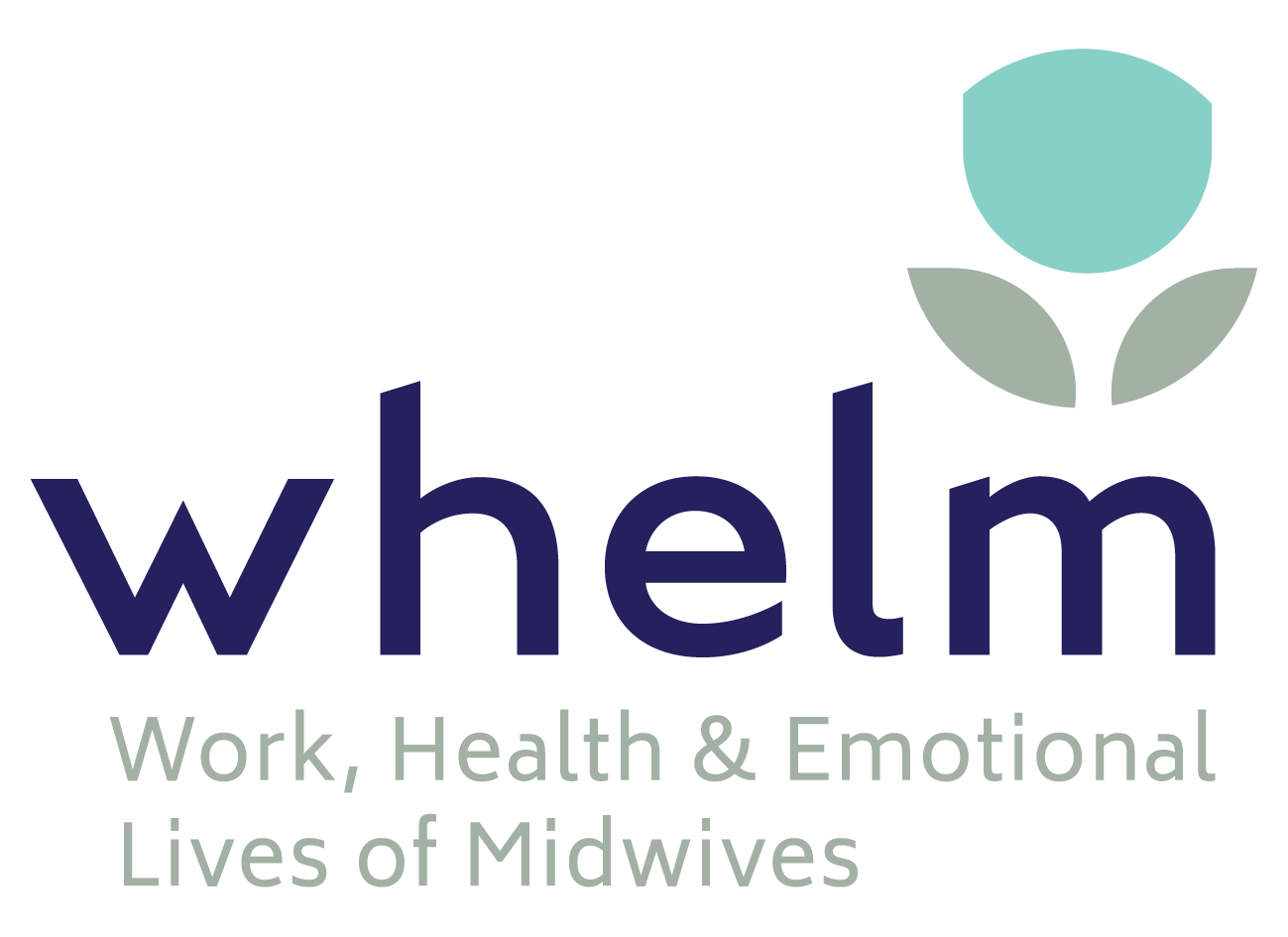Introduction
Job satisfaction is an individual’s evaluative judgment which is informed by accumulated experiences and feelings.1 Midwives’ job satisfaction is linked to a range of factors, including positive work relationships, the ability to develop relationships with women, autonomy, and the full use of midwifery skills.2 On the other hand, poor job satisfaction is associated with reduced quality of care and increased turnover for midwives.3 How role sustainability relates to midwives’ wellbeing at work has been examined in terms of stress, burnout, and intent to quit.3 While researchers have identified several drivers of job satisfaction such as autonomy,4 empowerment,5 and professional support,6 the effects of these drivers by work context are yet to be explored in the context of maternity care. Thus, we examined how professional recognition, autonomy, and empowerment impact job satisfaction for midwives working in different settings.
Job satisfaction
Using an integrated work design model,7 we examined the influence of professional recognition, decision-making autonomy, and empowerment on job satisfaction for New Zealand based midwives. Professional recognition refers to midwives’ perceptions that they are listened to and acknowledged by colleagues in the provision of their work.8 Decision-making autonomy refers to the level of responsibility midwives have to make a professional judgement when providing maternity care for women and pregnant people.9 Midwives with high empowerment enable women to make informed decisions, facilitate positive physiological maternity care, and advocate for women within a multidisciplinary environment.2 Data were collected from midwives working in distinct settings including in:
- the community via the continuity of carer (CoC) model (n = 327)
- district health boards or private trusts (n = 255)
- a range of mixed specialty roles (n = 123).
Data analysis included a confirmatory factor analyses and latent modelling.
Professional recognition
Our findings showed that professional recognition had a consistent and significant influence on midwives’ job satisfaction across three work settings. This finding points to the centrality of collaborative, intra and interprofessional relationships in providing maternity care. The esteem generated from being acknowledged as an expert and valuable contributor by other healthcare professionals is not only satisfying,10 it may also lessen burnout amongst midwives.11 Our finding holds for midwives working in the community CoC model, employed in health care institutions, and for those in mixed specialty roles. Because of this, whole sector engagement is needed to support professional recognition of midwives.
Decision-making autonomy and empowerment
Interestingly, except for midwives working within a CoC model, decision-making autonomy and empowerment did not significantly influence job satisfaction. The absence of significant client relationships for midwives working in institutional or specialty settings suggests that the influence of decision-making autonomy on job satisfaction is diminished when all three factors are examined simultaneously. Overall, these findings reveal differential impacts on job satisfaction based on work context.
Conclusion
Professional recognition is essential for job satisfaction and is central to midwifery retention. Policymakers, administrators, and maternity managers should consider the culture within maternity and aim to enhance the respect which each midwife is afforded. The leadership from above should embody that respect to enhance professional recognition, which, in turn will improve job satisfaction and the retention of midwives. Although decision-making autonomy and empowerment did not show a significant relationship in our research model, our findings do not diminish their importance as drivers of midwives’ job satisfaction. The current study presents evidence showing that professional recognition has a robust influence on job satisfaction when considered against other known antecedents.
Highlighted article
Mharapara, T. L., Staniland, N., Stadler, M., Clemons, J. H., & Dixon L. (2021). Drivers of job satisfaction in midwifery—A work design approach. Women and Birth [article in press]. https://doi.org/10.1016/j.wombi.2021.07.004
Blog written by
Drs Tago Mharapara & Janine Clemons
References
- Weiss HM. Deconstructing job satisfaction: Separating evaluations, beliefs and affective experiences. Human Resource Management Review 2002; 12(2): 173-94.
- Bloxsome D, Bayes S, Ireson D. “I love being a midwife; it’s who I am”: A glaserian grounded theory study of why midwives stay in midwifery. Journal of Clinical Nursing 2020; 29(1-2): 208-20.
- Curtis P, Ball L, Kirkham M. Why do midwives leave? (Not) being the kind of midwife you want to be. British Journal of Midwifery 2006; 14(1): 27-31.
- Clemons J, Gilkison A, Mharapara TL, Dixon L, McAra-Couper J. Midwifery Job Autonomy in New Zealand: I do it all the time. Women and Birth 2021; 34: 30-7.
- Dixon L, Guilliland K, Pallant J, et al. The emotional wellbeing of New Zealand midwives: Comparing responses for midwives in caseloading and shift work settings. New Zealand College of Midwives Journal 2017; (53): 5-14.
- Matthews R, Hyde R, Llewelyn F, Shafiei T, Newton M, Forster DA. Factors associated with midwives’ job satisfaction and experience of work: A cross-sectional survey of midwives in a tertiary maternity hospital in Melbourne, Australia. Women and Birth 2021.
- Humphrey SE, Nahrgang JD, Morgeson FP. Integrating motivational, social, and contextual work design features: A meta-analytic summary and theoretical extension of the work design literature. Journal of Applied Psychology 2007; 92(5): 1332-56.
- Pallant JF, Dixon L, Sidebotham M, Fenwick J. Further validation of the perceptions of empowerment in midwifery scale. Midwifery 2015; 31(10): 941-5.
- Marshall J. Autonomy and the midwife. In: Raynor M, Marshall J, Sullivan A, eds. Decision making in midwifery practice. Edinburgh: Elsevier Churchill Livingstone; 2005: 9-21.
- Bedwell C, McGowan L, Lavender DT. Factors affecting midwives׳ confidence in intrapartum care: A phenomenological study. Midwifery 2015; 31(1): 170-6.
- Albendín-García L, Suleiman-Martos N, Cañadas-De la Fuente GA, Ramírez-Baena L, Gómez-Urquiza JL, De la Fuente-Solana EI. Prevalence, related factors, and levels of burnout among midwives: A systematic review. Journal of Midwifery & Women’s Health 2021; 66(1): 24-44.








